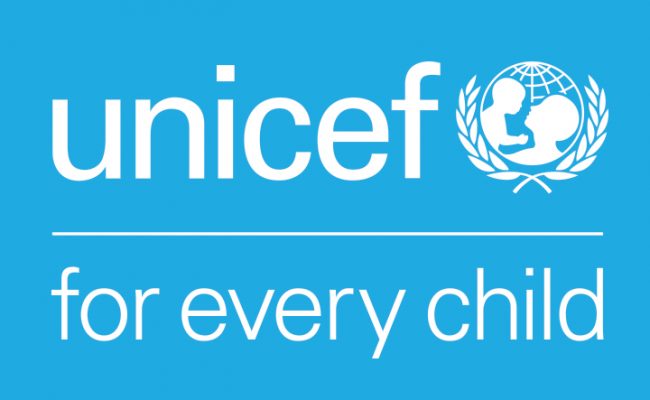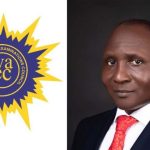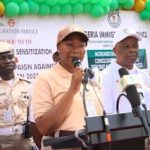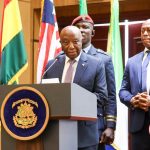
The United Nations International Children’s Emergency Fund has said that more public-private partnerships would have to be forged in Nigeria in order to bridge the gap for children in underserved communities.
The Fund also lamented the apathy of the Nigerian government towards providing basic support for millions of vulnerable children in the country.
Chief Field Officer, UNICEF Nigeria, Celine Lafoucriere, stated this on Thursday during the inaugural meeting of the International Business Group in Lagos.
According to her, a key part of the UNICEF project in Nigeria was aimed at achieving the Sustainable Development Goals by providing better opportunities for vulnerable children in deprived and impoverished communities.
To achieve this, Lafoucriere said UNICEF had already partnered some corporate oganisations to provide crucial interventions in the areas of access to mobile data, workplace readiness skills and livelihood opportunities to Nigerian youths, as well as support for young Nigerians to express their opinions and needs.
“The general objective was that we are going to contribute to increasing access to data in underserved areas for Nigerian youths. We have a target of expanding data coverage to 250 underserved communities. Today we are at 400,” she said.
On supporting access, delivery of workplace readiness skills and livelihood opportunities to Nigerian youths, she said progress on these fronts had been stalled due to certain technicalities involving its partnership with YOMA, an initiative developed by young Africans as a holistic approach to addressing skills development and employment challenges, as well as increase in youth agency across the globe.
Speaking on how the projects were being funded, she said, “There is no given budget from UNICEF to do this, yet we have been driving as fast as we can. There is also no given budget because it should come from the partners. Budget is not an issue per se, because this is a public-private partnership platform. It’s a question of coordinating the funds and align with the government as to where they want things to happen.”
Asked what UNICEF was planning to do in order to address over 20m out-of-school children in Nigeria, Lafoucriere said the organisation’s operational mandate did not encapsulate addressing the plight of children who were out of institutional learning. However, UNICEF brings its YOMA (Foundation) to help out-of-school children in these communities, she added.














